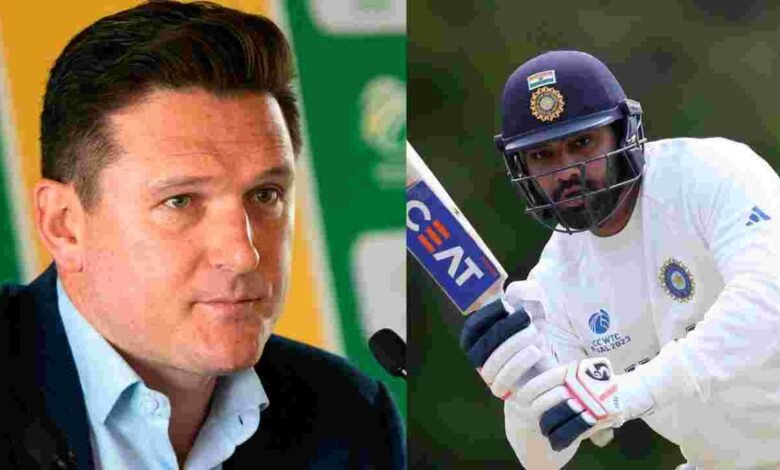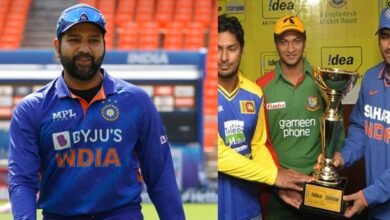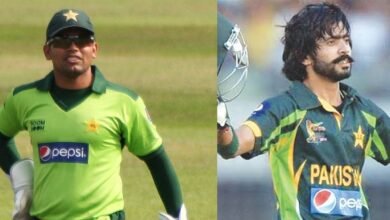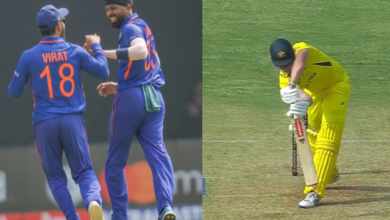
WI vs IND: India’s all-format skipper, Rohit Sharma, has lately been in the spotlight for all the wrong reasons. The charismatic leader’s alarming dip in form has sent shockwaves through the cricketing fraternity. This comes after a disheartening defeat against Australia in the World Test Championship Final earlier this month. Moreover, his back-to-back lackluster performances in the Indian Premier League only add to the mounting concern. Nevertheless, amidst this tumultuous situation, former South African captain and cricket icon, Graeme Smith, has stepped forward to support Sharma.
Smith, known for his stoic leadership and exceptional game sense, has offered a unique perspective on Sharma’s predicament. While many view the situation critically, Smith takes a more empathetic stance. He believes that the Indian skipper is merely going through a rough patch, something every sportsperson experiences. In his opinion, Sharma merely needs to recalibrate and refresh.
Drawing from his own experience as one of the greatest Test captains, Smith remarks, “The pressure of a leader never goes away.” He further suggests that personal performance and leadership are closely intertwined. Hence, the pressure of poor performance could be affecting Sharma’s overall performance, leading to a vicious cycle.
You may also read:
- “I told my wife that the Australia series could become my last series”, When Ravichandran Ashwin revealed that his career was done
- “When you fight fire with fire against Australia”, Kevin Pietersen predicts England’s approach against Australia in Ashes 2023
WI vs IND: Graeme Smith talks about Rohit Sharma
Elucidating his point, Smith stated, “Rohit probably needs to just refresh. His own form hasn’t been probably at a level consistently.” His tone was empathetic, understanding the burden of expectations Sharma carries as a leader of a team passionate about cricket. He continued, “He is having a bit of a rough patch, and often that personal performance can just settle things down a little bit.”
Smith also clarified that the critique of Sharma is not targeted at his leadership style. Instead, it is a matter of personal performance under stress. In an interview with The Times of India, he stated, “No one is criticizing his captaincy or leadership style. It’s just obviously on the personal performance side, if he can get some really good scores behind him, it takes a lot of that pressure away.”
In essence, Smith advocates that Sharma should remain patient and not let the pressure of poor performance impact his overall captaincy. At this critical juncture, it is important for Sharma to separate his personal performance from his leadership role, an intricate balancing act that Smith executed brilliantly during his tenure as a captain.
One cannot forget that cricket is as much a mental game as it is physical. Slumps in form are a part of every athlete’s career. It is during these trying times that character and mental strength come to the fore. The Indian team, management, and fans need to remember that Sharma has weathered many a storm and come out stronger each time.
Hence, instead of dissecting his form under a microscope, the focus should be on providing a supportive environment. This would enable Sharma to revitalize his game and reignite the spark that has made him one of the most successful captains in Indian cricketing history. As Smith wisely said, a little refreshment could go a long way in restoring Sharma’s confidence and form, potentially setting the stage for a riveting comeback.



